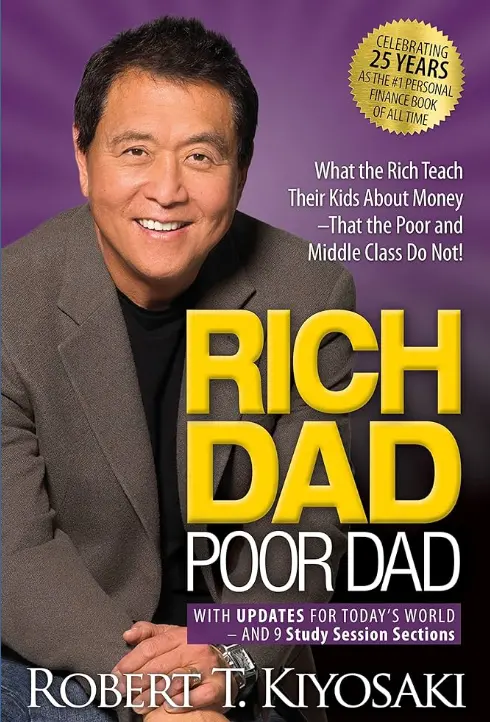Chapter Four - LESSON 4
Chapter Four - LESSON 4: THE HISTORY OF TAXES AND THE POWER OF CORPORATIONS
My rich dad just played the game smart, and he did it through corporations—the biggest secret of the rich.
I remember in school being told the story of Robin Hood and his Merry Men. My teacherthought it was a wonderful story of a romantic hero who robbed from the rich and gave to thepoor. My rich dad did not see Robin Hood as a hero. He called Robin Hood a crook.
Robin Hood may be long gone, but his followers live on. I often still hear people say, “Whydon’t the rich pay for it?” or “The rich should pay more in taxes and give it to the poor.”
It is this Robin Hood fantasy, or taking from the rich to give to the poor, that has caused themost pain for the poor and the middle class. The reason the middle class is so heavily taxedis because of the Robin Hood ideal. The reality is that the rich are not taxed. It’s the middleclass who pays for the poor, especially the educated upper-income middle class.
Again, to understand fully how things happen, we need to look at the history of taxes. Although my highly educated dad was an expert on the history of education, my rich dadfashioned himself as an expert on the history of taxes.
Rich dad explained to Mike and me that originally, in England and America, there were notaxes. Occasionally, there were temporary taxes levied in order to pay for wars. The king or the president would put the word out and ask everyone to “chip in.” Taxes were levied in Britain for the fight against Napoleon from 1799 to 1816, and in America to pay for the Civil War from 1861 to 1865.
In 1874, England made income tax a permanent levy on its citizens. In 1913, an income taxbecame permanent in the United States with the adoption of the 16th Amendment to the U.S. Constitution. At one time, Americans were anti-tax. It had been the tax on tea that led to thefamous Tea Party in Boston Harbor, an incident that helped ignite the Revolutionary War. Ittook approximately 50 years in both England and the United States to sell the idea of aregular income tax.
What these historical dates fail to reveal is that both of these taxes were initially leviedagainst only the rich. It was this point that rich dad wanted Mike and me to understand. Heexplained that the idea of taxes was made popular, and accepted by the majority, by tellingthe poor and the middle class that taxes were created only to punish the rich. This is how themasses voted for the law, and it became constitutionally legal. Although it was intended topunish the rich, in reality it wound up punishing the very people who voted for it, the poorand middle class.
“Once government got a taste of money, its appetite grew,” said rich dad. “Your dad and I are exactly opposite. He’s a government bureaucrat, and I am a capitalist. We get paid, and our success is measured on opposite behaviors. He gets paid to spend money and hire people. The more he spends and the more people he hires, the larger his organization becomes. In the government, a large organization is a respected organization. On the other hand, within my organization, the fewer people I hire and the less money I spend, the more I am respected by my investors. That’s why I don’t like government people. They have different objectives than most business people. As the government grows, more and more tax dollars are needed to support it.”
My educated dad sincerely believed that government should help people. He loved John F. Kennedy and especially the idea of the Peace Corps. He loved the idea so much that both heand my mom worked for the Peace Corps, training volunteers to go to Malaysia, Thailand,and the Philippines. He always strived for additional grants and budget increases so hecould hire more people, both in his job with the Education Department and in the Peace Corps.
From the time I was about 10 years old, I would hear from my rich dad that governmentworkers were a pack of lazy thieves, and from my poor dad I would hear how the rich weregreedy crooks who should be made to pay more taxes. Both sides had valid points. It wasdifficult to go to work for one of the biggest capitalists in town and come home to a fatherwho was a prominent government leader. It was not easy to know which dad to believe.
Yet when you study the history of taxes, an interesting perspective emerges. As I said, thepassage of taxes was only possible because the masses believed in the Robin Hood theoryof economics: Take from the rich, and give to everyone else. The problem was that thegovernment’s appetite for money was so great that taxes soon needed to be levied on the
